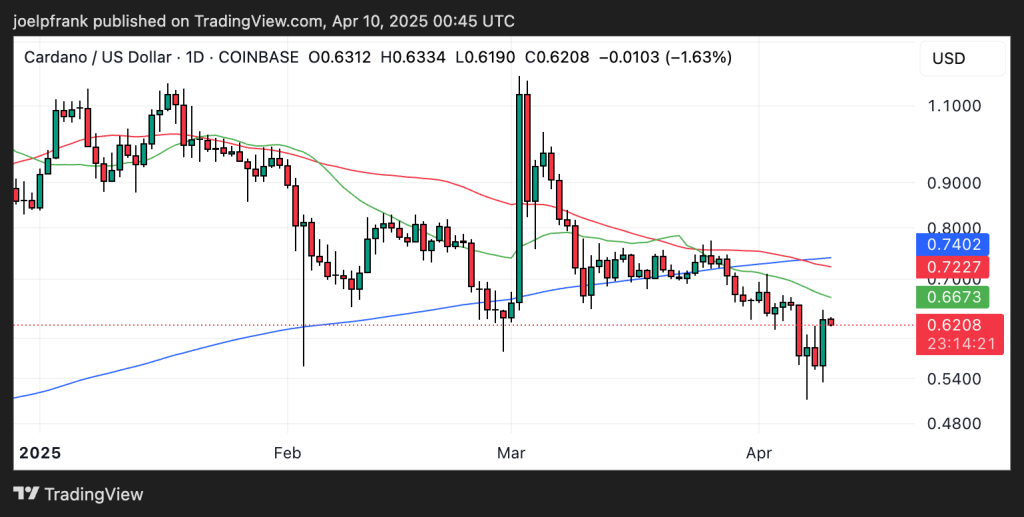As technology like generative AI rapidly redefines the skill sets employers need to succeed in the future of work, the emphasis on AI upskilling has exploded in recent years. And global IT services leader Cognizant is among those leading the charge.
Last fall, Cognizant launched its Synapse initiative, which aims to arm more than 1 million job seekers around the world by 2026 with skills to succeed in the digital age. The multi-faceted program includes apprenticeships, partnerships with other leading tech firms and an Accelerator program, a tech-focused upskilling initiative for 200,000 job seekers, some of whom may be funneled into the candidate pipeline at Cognizant and its partners.
The organization is also in the process of upskilling more than 200,000 of its own 345,000 existing employees, says Cognizant Chief People Officer Kathy Diaz.
Diaz—who joined Cognizant in 2020 and has held HR leadership positions at companies including Pearson, PVH Corp. and Merck—recently spoke with HRE about how Cognizant’s focus on AI upskilling is informing its internal people strategy.
Diaz: Synapse is designed to help prepare workers for jobs of the future, equipping individuals with technical and digital skills that lead to gainful employment and increase employability.
We have an award-winning learning and development ecosystem that upskills hundreds of thousands of Cognizant associates each year. So, as we discussed with our clients and partners the growing gap between the skills needed for the evolving digital economy and the current workforce’s capabilities, it made great sense for our Learning & Development team to be a leading player. This is using its proven practices and digital tools to scale learning programs and help us achieve our goal of training 1 million workers.
As we have always done at Cognizant, we’ll continue to upskill our own people in these new and emerging technologies. We aim for at least 200,000 of our associates to be a part of this program.
HRE: How will AI influence Cognizant’s people strategy in 2024?
Diaz: Cognizant embraced automation long before the most recent craze surrounding gen AI. As a technology services provider, it’s a core part of what we do for our clients and internally with our employees. When it comes to our people strategy, we are constantly evaluating our tools and processes and innovating them to be more efficient. Right now, we’re specifically excited to be using AI to get people faster answers on HR inquiries via chatbots, and we’ve also leveraged it to assess performance comments to identify ineffective feedback.
HRE: What are the skills HR needs to focus on instilling in their employees, specifically managers, to help them navigate working alongside AI in the future?
Diaz: As we face a world that is increasingly remote, automated and digital, soft leadership skills are a priority. People are hungry for more connection and human-centricity at work, and managers are at the front lines. Specifically, we should be looking at training leaders on new employee expectations—that means being flexible, acting with respect and empathy, considering individuality and providing emotional support when needed. These can be challenging behaviors to train, but they provide reassurance in a world of constant change. Data shows us that leaders with strong soft skills have higher engagement and retention among their teams, so it’s well worth the investment.
HRE: What kind of mindset shift do HR leaders need to embrace to ensure the success of skills-based hiring?
Diaz: While somewhat counterintuitive, we believe generative AI creates more opportunities and pathways for talent. Technology can do things that humans do, but it cannot replicate the depth of human judgment, innovation, critical thinking and creativity.
We’ve always hired for those types of skills, but we’ve also been influenced by the more traditional notions of what makes someone successful—think years of experience, previous companies, title, etc. HR leaders, and especially recruiting professionals, must challenge themselves to look beyond the resume and dig into the more human skill sets that enable success in this dynamic environment.
On that note, agility and passion for continuous learning are also must-have qualities in future talent. When your world evolves, does your talent evolve with you or do you have to replace them?
HRE: Apart from AI upskilling, what is at the top of your HR priority list for 2024?
Diaz: We have a goal to be the employer of choice in our industry. That means, especially in our competitive industry, we must meet the needs of a diverse set of employees spanning geographies, generations and perspectives. We’re taking a multi-faceted approach to ensure that Cognizant provides a meaningful experience for every type of worker, whether you’re the career climber, the purpose seeker, the ambitious professional who’s also seeking life/work balance, etc.
To do this, we have to start from a strong place when it comes to our employee value proposition. We continue to build the capabilities of our managers who are modernizing our approach to future skills and learnings and are excited to introduce people to new digital tools/experiences. We are also working to ensure that while people have options and flexibility when it comes to their path at Cognizant that they also have a consistent experience around our values, policies, principles of inclusion.
There’s a lot on our list and we’re excited about the future.
HRE: Cognizant recently received several “top employer” awards. To what do you credit those accolades?
Diaz: Top employer awards are truly a testament to the commitment of our full organization to our people. They are a culmination of so many efforts: the people programs we design and deliver as an HR team, the day-to-day experiences associates have with one another, the support managers provide and the fulfilling work our associates do for our clients.
From an HR perspective, we’ve focused in a major way on people over the past few years. We’ve made significant investments in rewards and learning programs, enhanced processes and policies, and established bolder diversity and inclusion goals. We’re proud to be recognized by organizations like Great Places to Work, Top Employer Institute, LinkedIn and Newsweek.
We pride ourselves on creating an environment where our nearly 350,000 associates can thrive in an organization that continuously fosters leaders, managers and employees to deliver outstanding services to our clients.
HRE: How has your career in HR differed from what you thought it might hold when you entered the field?
Diaz: I’ve always had a passion for people and, like most HR professionals, that’s what led me to this field of work. However, where I’ve surprised myself and found my calling is at the confluence of people, processes and technology. My career in HR has been punctuated by major technology transformations, modernization programs, process optimization and more—all focused on enhancing the experience for the employee.
HRE: Who or what outside of work has most influenced how you show up to the job?
Diaz: My two Gen Z daughters. Seeing the world through their eyes—as they pursue education, take up their first professional jobs and encounter other life journeys—makes me a smarter HR leader. I learn something every day about their expectations of employers and ambitions for their careers that I bring to my role. Gen Z has such a unique perspective that will fundamentally change the programs HR teams deliver—whether it’s the benefits we provide, the learning and development we offer or how we make work meaningful for people.
Credit: Source link











